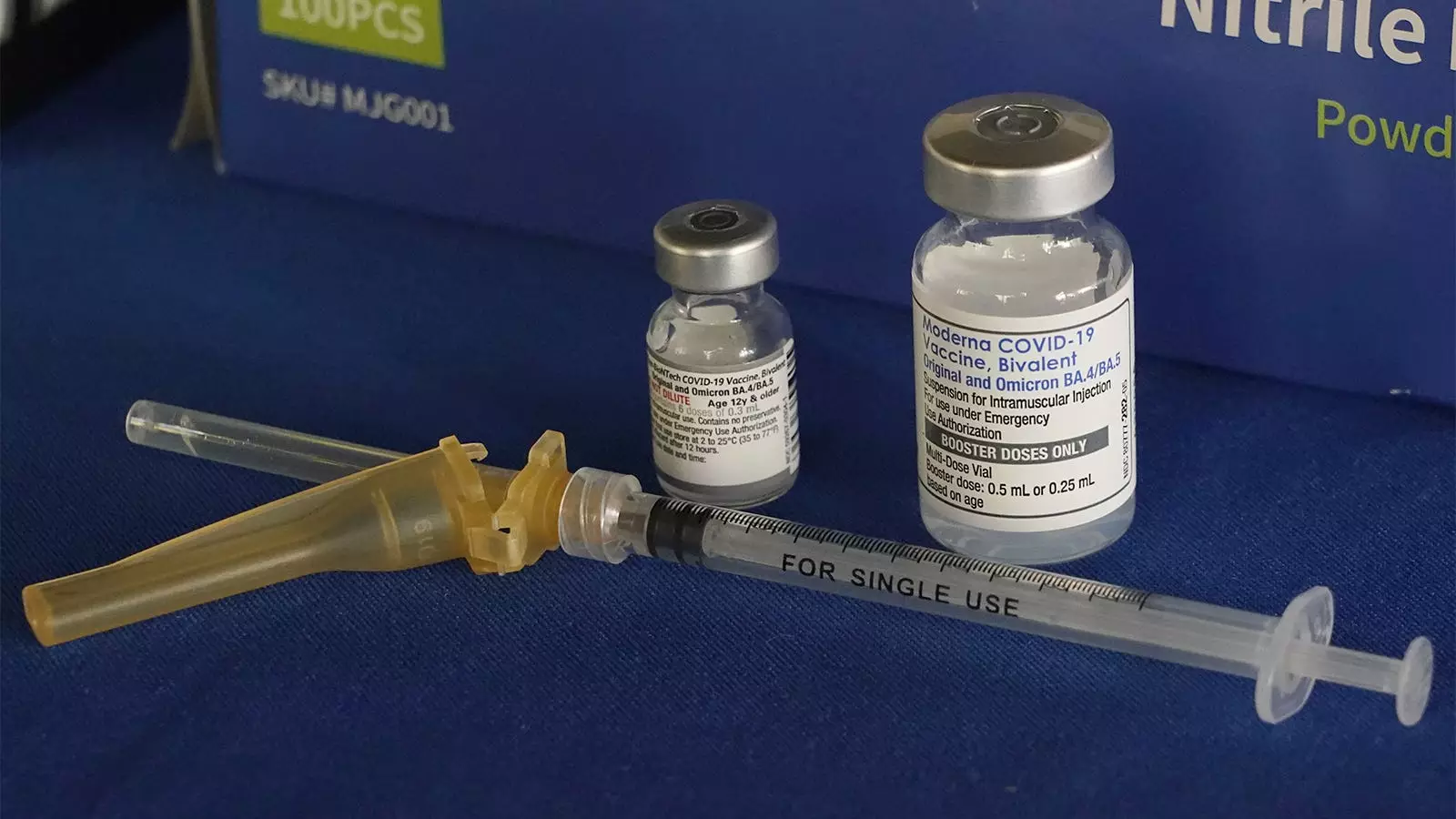In a startling move that marks a significant departure from established public health practices, the Southwest District Health Department in Idaho has halted its provision of COVID-19 vaccines across six counties. This decision, made by a narrow 4-3 vote, positions the district as a potential precedent in the landscape of public health governance in the United States. Unlike other states that have imposed restrictions on the promotion of vaccines or dismissed their efficacy, such as Texas and Florida, this action represents an outright cessation of vaccine services. Public health departments typically play a vital role in ensuring community health through vaccinations, making this decision particularly contentious.
The implications of this ban are profound. Although there are instances where health departments have reduced vaccine offerings due to fiscal constraints or dwindling interest, never has a district opted to halt vaccinations based on ideological opposition to the vaccines themselves. As noted by experts in the field, the choice to suspend COVID-19 vaccinations is unprecedented. Adriane Casalotti, chief of government and public affairs for the National Association of County and City Health Officials, pointed out that while health departments may cease vaccine administration for practical reasons, this decision is fundamentally different in nature and raises significant questions about public health ethics.
The Decline in Vaccination Demand
A significant decline in vaccine uptake may have contributed to the board’s decision. In the Southwest District, the vaccines administered fell dramatically from 1,601 in 2021 to a mere 64 in early 2024. This trend mirrors broader issues within Idaho, where the state has the highest exemption rate for childhood vaccinations in the country. The ramifications of such trends became starkly apparent during a measles outbreak the previous year, which the health department scrambled to control after affecting ten individuals.
The current situation not only reflects changing perceptions about vaccine necessity but also points to a potential crisis in public health advocacy. The board’s meeting to discuss the ban saw a flood of public comments, many opposing COVID-19 vaccines, reflecting a growing anti-vaccine sentiment. Notably, several prominent figures known for anti-vaccine advocacy were present, further intensifying the rhetoric against vaccination.
During the board meeting where the decision was taken, Perry Jansen, MD, the medical director of the department, passionately argued for the necessity of continuing vaccine access. He highlighted that voting to stop vaccinations was not just about the current COVID-19 vaccine but could set a concerning precedent for other essential vaccines. His assertion that the discussion around vaccination should be centered on informed decision-making rather than outright bans underscored the complexity of the issue at hand.
Opponents of vaccination access, including Board Chairman Kelly Aberasturi, voiced skepticism about COVID-19 vaccines, questioning whether the health department was overstepping its boundaries. This concern regarding the balance between public health policy and individual choice encapsulates a larger ideological divide that is playing out across the nation.
Aberasturi’s remark about board members lacking personal experiences of homelessness raises concerns that the perspectives of those who depend on public health services may be all too easily overlooked. The notion that access to vaccines is critically important for vulnerable populations—such as the unhoused or those in long-term care—was a poignant part of the discussion that calls into question the board’s commitment to community well-being.
As state officials have expressed their ongoing recommendation for the COVID-19 vaccine, the future remains uncertain. The board’s decision could potentially set a precedent, not only in Idaho but throughout the country, inviting scrutiny of how public health resources are allocated and accessed by underserved populations.
Health department spokesperson A.J. Aberasturi reflected on the need for vaccination among older patients and residents in care facilities, suggesting that a partial restoration of vaccine services might be on the horizon. He emphasized the board’s obligation to prioritize the health and well-being of its community members, all while navigating the complex landscape shaped by personal beliefs, public health recommendations, and varying levels of vaccine acceptance.
The Southwest District Health Department’s choice to discontinue COVID-19 vaccinations crystallizes a contentious debate around public health, individual rights, and societal obligations. It raises critical questions about the future of public health administration in regions increasingly influenced by political ideologies and social beliefs. The trajectory of vaccination efforts in Idaho and beyond remains to be seen, but it is clear that navigating these issues will require thoughtful dialogue and a commitment to community health.


Leave a Reply